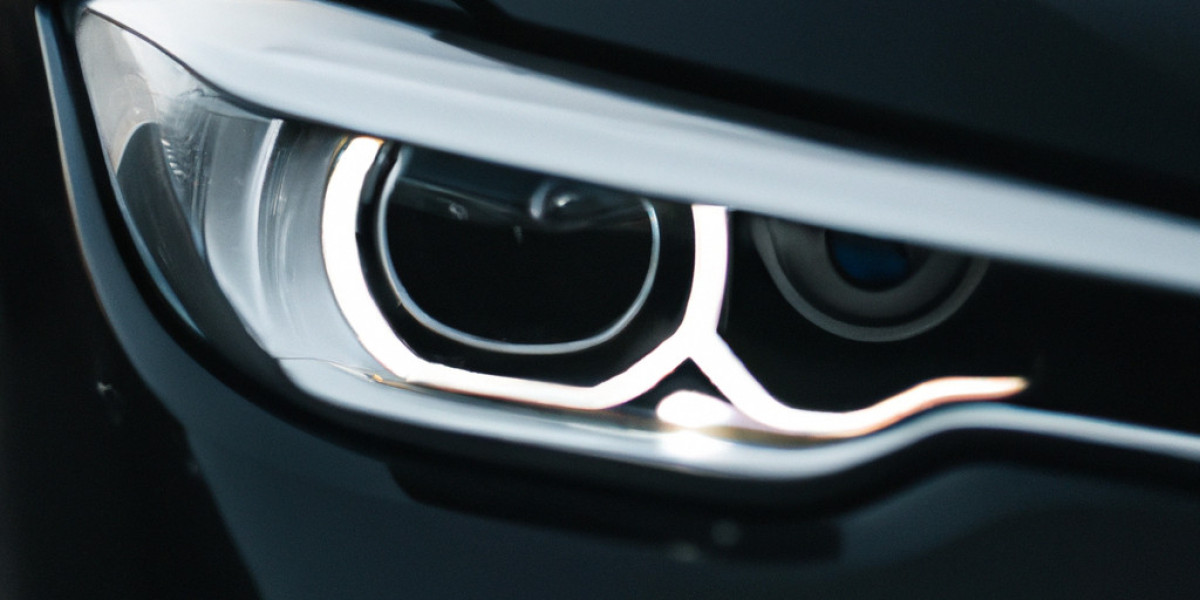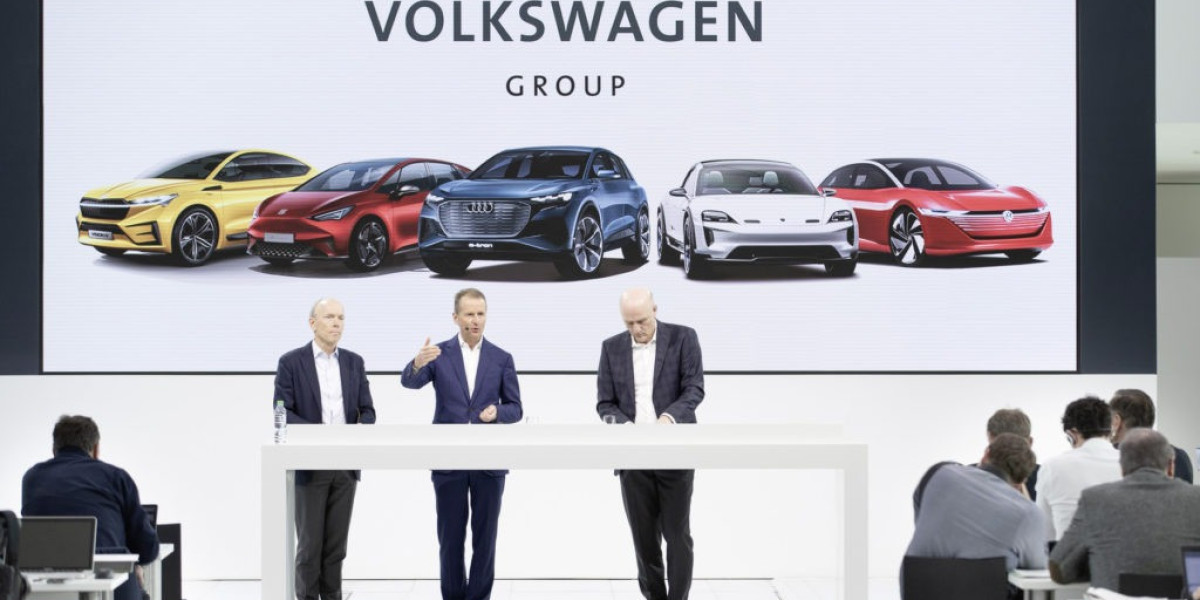The Evolution of BMW: From Aircraft Engines to Luxury Cars
Founded in 1916, Bayerische Motoren Werke AG, more commonly known as BMW, has become synonymous with luxury and performance in the automotive industry. However, the German automaker's origins lie in a completely different field - aircraft engine manufacturing.
Early History
BMW was established in Munich, Germany, as a successor to an aircraft engine manufacturer called Rapp Motorenwerke. The company's original purpose was to produce engines for aircraft during World War I. It wasn't until after the war that BMW shifted its focus to motor vehicles.
In 1923, BMW produced its first motorcycle, the R32, which featured a flat-twin boxer engine and set the standard for the brand's future two-wheeled offerings. BMW's first foray into automotive production came in 1928 with the introduction of the 3/15, a small car powered by a motorcycle-derived engine.
Rise to Prominence
Throughout the 1930s and 40s, BMW continued to innovate and expand its product lineup. The 328 sports car, introduced in 1936, showcased the brand's commitment to performance and handling. During World War II, BMW's factories were repurposed to produce military vehicles, including the iconic BMW R75 motorcycle with a sidecar.
After the war, BMW found itself in a state of disrepair, with its factories heavily damaged and its future uncertain. However, the introduction of the BMW 501 luxury sedan in 1951 marked a turning point for the company, signaling its entry into the luxury car market.
The New Class
In the 1960s, BMW introduced the "New Class" of vehicles, which included the iconic BMW 2002 compact sports sedan. The New Class cars were praised for their performance, handling, and styling, setting the stage for BMW's future success in the automotive market.
During this time, BMW also established itself as a dominant force in motorsport, with victories in Formula 2 racing and success at the prestigious 24 Hours of Le Mans endurance race.
The Ultimate Driving Machine
In the 1970s and 80s, BMW solidified its reputation as a maker of high-performance luxury vehicles with the introduction of the BMW 3 Series, 5 Series, and 7 Series. These cars were praised for their balance of luxury, performance, and handling, earning the brand the title of "The Ultimate Driving Machine."
BMW's motorsport successes continued in this era, with victories in touring car racing and the introduction of the iconic BMW M division, dedicated to producing high-performance variants of BMW vehicles.
Modern Times
In the 21st century, BMW has continued to innovate and evolve, introducing groundbreaking technologies such as the iDrive infotainment system, carbon-fiber construction, and hybrid and electric powertrains. The BMW i3 and i8 electric vehicles have showcased the brand's commitment to sustainability and innovation.
Today, BMW offers a diverse lineup of vehicles, ranging from compact luxury cars to high-performance sports cars and SUVs. The brand's dedication to engineering excellence, performance, and luxury has made it a favorite among enthusiasts and luxury car buyers alike.
Conclusion
From its humble beginnings as an aircraft engine manufacturer to its current status as a global leader in luxury and performance vehicles, BMW has undergone a remarkable evolution over the past century. The brand's commitment to innovation, quality, and driving pleasure has set it apart from its competitors and solidified its place in automotive history.



